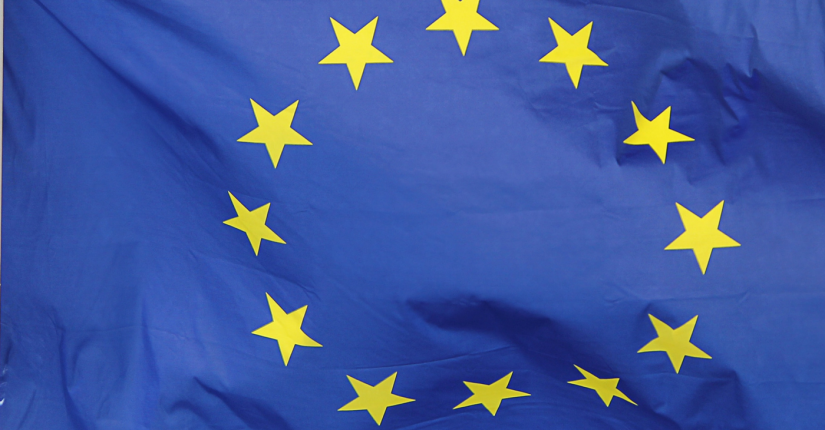- Standards >
- Supporting Standards >
- Supporting EU Directives
Standardization is a voluntary process based on consensus among different economic operators (industry, SMEs, consumers, workers, environmental NGOs, public authorities, etc). It is carried out by independent standards bodies such as NSAI, acting at national, European and international level.
The European Union has, since the mid-1980s, made ever increasing use of standards in support of its strategic policies and legislative programme. Standardization has contributed significantly to the support of the completion of the European Internal Market, most particularly in the context of the “New Approach” legislation which facilitates the free movement of goods and provides for reference to European Standards developed by CEN, CENELEC and ETSI.
The New Approach, defined in a European Council Resolution in 1985, represents an innovative approach to technical harmonization. It introduces, among other things, a clear separation of responsibilities between the EU legislators on the one hand and the European Standards Bodies CEN, CENELEC and ETSI on the other hand. Key features of the New Approach include:
- EU Directives define the "essential requirements", (e.g., protection of health and safety) that goods must meet when they are placed on the market.
- The European Standards Bodies have the task of drawing up the corresponding technical specifications meeting the essential requirements of the Directives, compliance with which will provide a presumption of conformity with the essential requirements. Such specifications are referred to as "harmonized standards".
Harmonized standards are European Standards, adopted by CEN, CENELEC or ETSI, following a mandate or order issued by the European Commission prepared in consultation with Member States. They are developed through an open and transparent process, built on consensus between all interested parties and are published as national standards.
Compliance with harmonized standards, for which the reference numbers have been published in the Official Journal of the EU and which have been transposed into national standards, provides a presumption of conformity to the corresponding essential requirements of the EU Directives. Compliance with harmonized standards remains voluntary and manufacturers are free to choose any other technical solution that provides compliance with the essential requirements.
NSAI has been appointed a Notified Body for many of the Directives listed above and further information on conformity assessment and the CE Marking of products may be obtained from NSAI Certification Services.
NOTE: Readers are warned that a full treatment of European Directives, the New Approach and CE Marking is beyond the scope of this website. For more comprehensive and definitive information, the following links are highly recommended:
The following is a listing of the main EU Directives of interest to enterprises in Ireland together with links to the latest listings of harmonized standards under each Directive:
- 90/396/EEC Appliances burning gaseous fuels
- 2000/9/EC Cableway installations designed to carry persons
- 89/106/EEC Construction products
- 2004/108/EC Electromagnetic compatibility
- 94/9/EC Equipment and protective systems in potentially explosive atmospheres
- 93/15/EEC Explosives for civil uses
- 95/16/EC Lifts
- 2006/95/EC Low voltage equipment
- 98/37/EC Machinery safety
- 2004/22/EEC Measuring instruments
- 90/385/EEC Medical devices: Active implantable
- 93/42/EEC Medical devices: General
- 98/79/EC Medical devices: In vitro diagnostic
- 92/42/EEC New hot-water boilers fired with liquid or gaseous fluids (efficiency requirements)
- 90/384/EEC Non-automatic weighing instruments
- 94/62/EC Packaging and packaging waste
- 89/686/EEC Personal protective equipment
- 97/23/EC Pressure equipment
- 1999/5/EC Radio and telecommunications terminal equipment
- 94/25/EC Recreational craft
- 87/404/EEC Simple pressure vessels
- 2009/48/EC Toys safety
Copies of all harmonized standards listed under these Directives may be purchased as Irish Standards via the NSAI Standards Sales Office at www.standards.ie.
